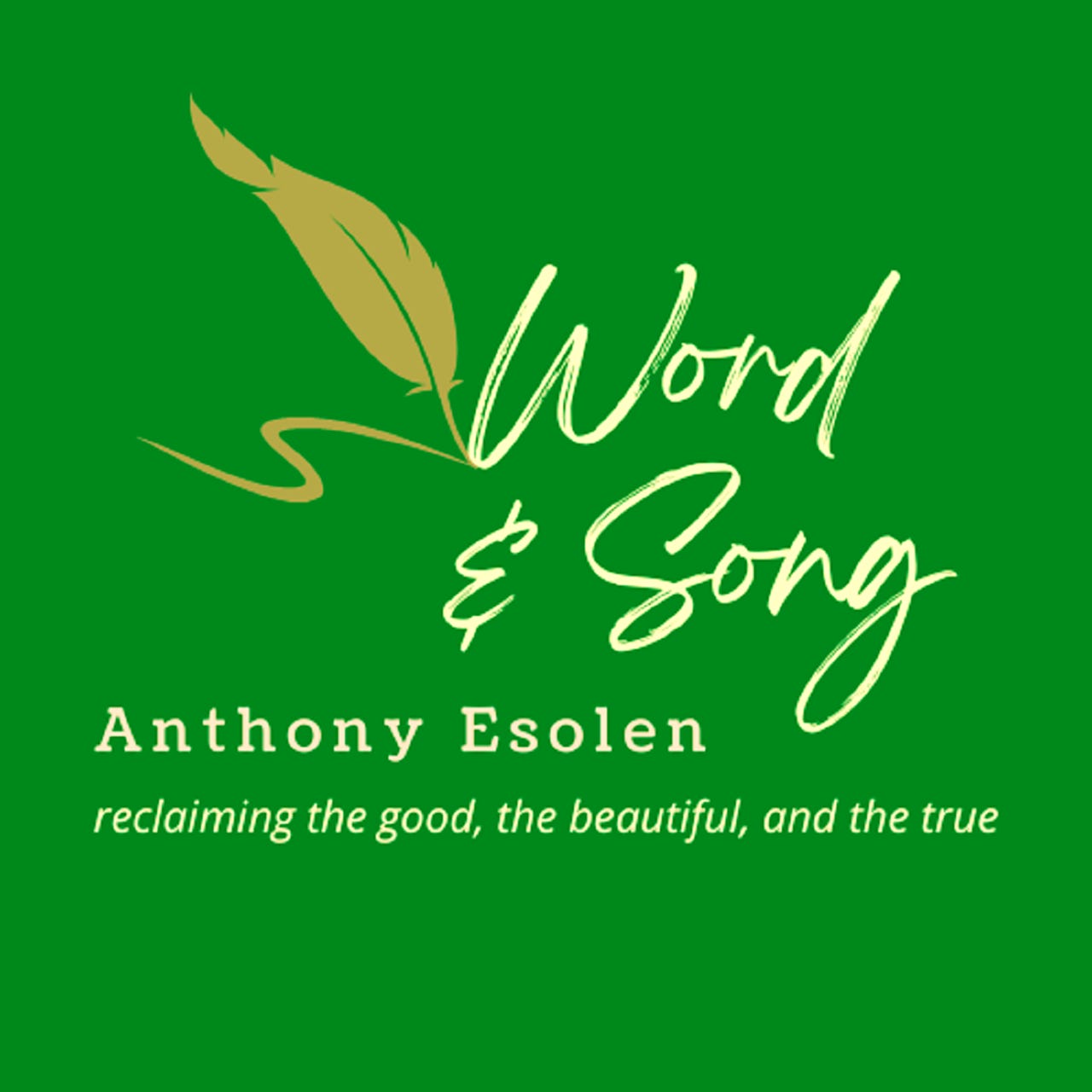"Harbor Lights"
Manage episode 441258302 series 3540370
Sometimes a Song is the result of a strange mix of ethnic backgrounds and musical styles. For such a mix, today’s “Harbor Lights” takes the prize. The composer of the lyrics was Jimmy Kennedy, a man from Northern Ireland, and the composer of the tune was Wilhelm Grosz, a Jewish refugee from Austria at the time of the Anschluss, the Nazi take-over of his native country. Although classically trained, Grosz could not earn a living in the US with his mostly avante guarde symphonic and operatic compositions, so in America he changed his name to Hugh Williams, and began setting lyrics to his own lovely tunes.
The story goes that Jimmy Kennedy got lost in the fog on a trip to Portsmouth, in England in the 1930’s, and drove toward the only lights that he could see in the distance. The light came from a pub called The Harbor Light. And that gave Kennedy the inspiration for a song about lovers separated by a harbor, one on a ship sailing away and the other left behind on the shore.
Well, the world is full of harbors, and people are naturally drawn to the story of parted lovers, and so the song became popular when it was first recorded in 1937. Oddly, Grosz imagined a Hawaiian harbor, not an English one, and he composed a song which was in the Hawaiian style, complete with steel guitars and ukuleles! The song was a moderate success on it’s first release, recorded by the likes of Sammy Kaye and Rudee Vallee. But 1950 was the watermark year for the song, when the Sammy Kaye Orchestra re-recorded it. His version became a Number One best seller in the United States and held that spot for 25 consecutive weeks. What is more amazing still is how many other recordings of the song were made in that same year and also became best sellers. These included releases by Bing Crosby, Guy Lombardo, and Dinah Washingon. It seems that people could not get enough of “Harbor Lights” And the song was recorded over and over and over throughout the 1950’s, in versions by Pat Boon and Elvis Presley, and many others — a run which was capped off by another huge hit recording by the Platters in 1960, followed within a few years by recordings by the Lennon Sisters, the Ames Brothers, the Ray Conniff Singers, Mitch Miller, Andy Williams, and Al Martino. Harbor Lights may not be the most-recorded song of all time, but it is certainly the song which produced the most hit recordings in a singe decade.
Upgrade or Subscribe at a Discoung
I’ll leave it to you to decide which version you like best. But for today I am going with the sweetly sentimental and smooth version by Sammy Kaye, with Tony Amato and the Kaydets providing the vocals, with lovely harmonization. So for Sometimes a Song this week, let’s “swing and sway with Sammy Kaye!”
Give a Gift Subscription at a Discount
Share Word & Song by Anthony Esolen
Word & Song by Anthony Esolen is an online magazine devoted to reclaiming the good, the beautiful, and the true. We publish six essays each week, on words, classic hymns, poems, films, and popular songs, as well a weekly podcast for paid subscribers, alternately Poetry Aloud or Anthony Esolen Speaks. Paid subscribers also receive audio-enhanced posts and on-demand access to our full archive, and may add their comments to our posts and discussions. To support this project, please join us as a free or paid subscriber. We value all of our subscribers, and we thank you for reading Word and Song!
8 episod





